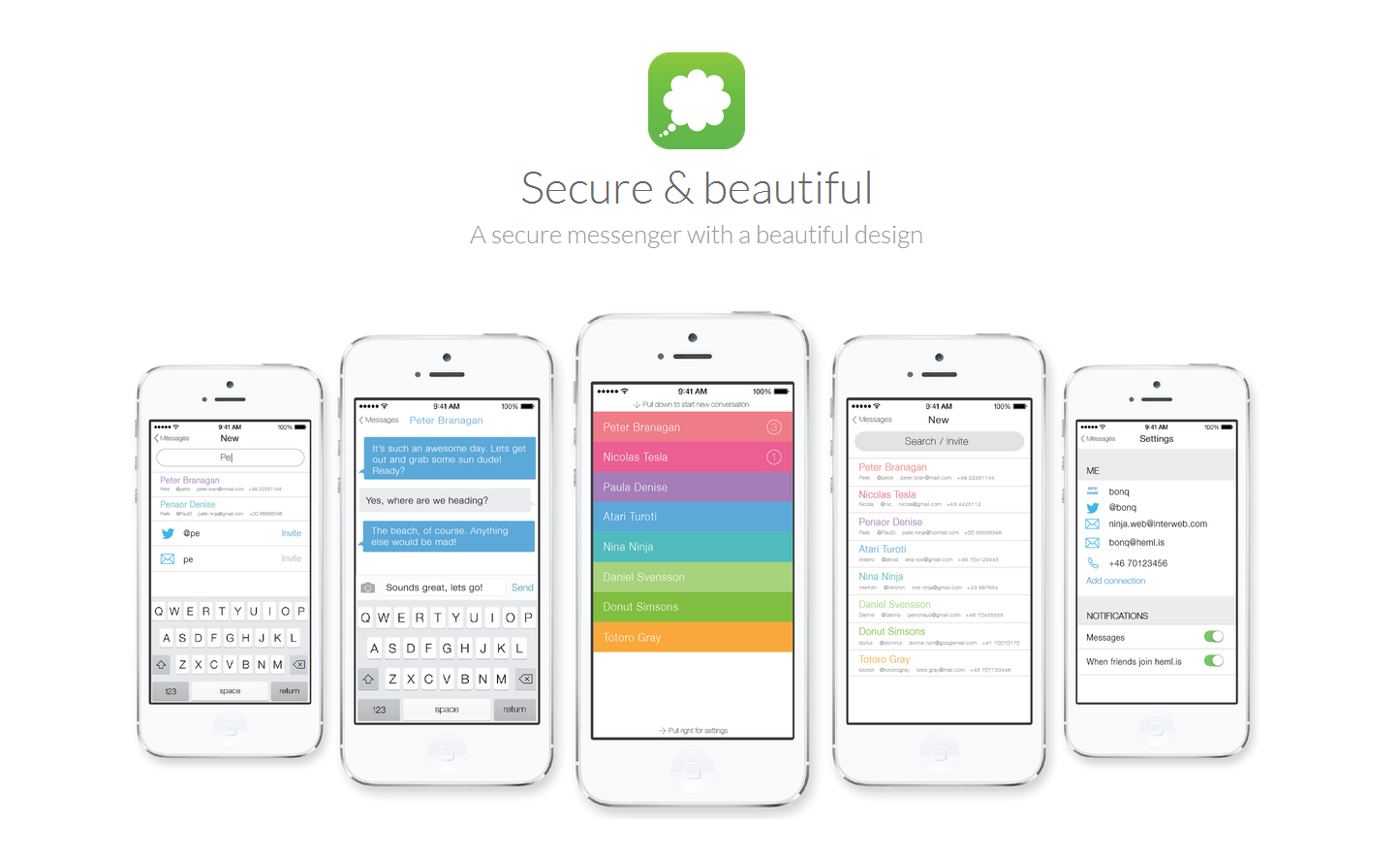Apple reveals details about government data collection
Most information requests are made to help solve crimes, Apple reveals.

Apple has revealed the UK and US authorities lead the way when it comes to requesting data from the firm.
The vendor's Report on Government Information Requests provides detailed information about the number of requests each government has made to Apple to date.
Figures show the US authorities have made up to 2,000 requests for account information. However, Apple has not been able to specify the exact number of requests or how many it has complied with due to restrictions placed on it by the government.
The UK government is the second most active requester, asking for information relating to 127 user accounts. Apple provided information in 37 per cent of the cases.
Cupertino goes on to claim only a "small fraction" of requests relate to account information and the majority made by law enforcement agencies are done to help solve crimes.
Apple's main business is not about collecting information.
"The most common account requests involve robberies and other crimes or requests from law enforcement officers searching for missing persons or children, finding a kidnapping victim, or hoping to prevent a suicide," Apple noted.
"Responding to an account request usually involves providing information about an account holder's iTunes or iCloud account, such as a name and an address. In very rare cases, we are asked to provide stored photos or email. We consider these requests very carefully and only provide account content in extremely limited circumstances."
Sign up today and you will receive a free copy of our Future Focus 2025 report - the leading guidance on AI, cybersecurity and other IT challenges as per 700+ senior executives
The US has made 3,542 device requests in total followed by Germany (2,156), Singapore (1,498), Australia (1,178) and the UK (1,028).
The iPhone maker also reiterated that it only complies with government agencies when they present a court order.
"When we receive such a demand, our legal team carefully reviews the order. If there is any question about the legitimacy or scope of the court order, we challenge it," the report continued.
"Only when we are satisfied that the court order is valid and appropriate do we deliver the narrowest possible set of information responsive to the request."
-
 HackerOne eyes enterprise growth with double C-suite appointment
HackerOne eyes enterprise growth with double C-suite appointmentNews Seasoned industry executives Stephanie Furfaro and Stacy Leidwinger have joined the cyber security vendor’s executive team
-
 Samsung Galaxy Tab S11 review
Samsung Galaxy Tab S11 reviewReviews A brilliant lightweight tablet with a superb screen, but the competition makes it look expensive
-
 GCHQ can control your smartphone, Edward Snowden says
GCHQ can control your smartphone, Edward Snowden saysNews The US whistleblower said GCHQ can track the location, power management and conversations using 'Smurf' tools
-
 2013 Year in Review: Top 10 tech news stories
2013 Year in Review: Top 10 tech news storiesNews We take a look back over some of the year's biggest news stories.
-
 Lenovo security services PC ban denied by Australian Department of Defence
Lenovo security services PC ban denied by Australian Department of DefenceNews Updated: After Chinese PC firm vowed to "look closely" into product ban claims, Australian Defence Department denies Lenovo veto.
-
 Pirate Bay co-founder building anti-snooping messaging app
Pirate Bay co-founder building anti-snooping messaging appNews Heml.is app for Android and iOS aims to prevent NSA reading your messages.